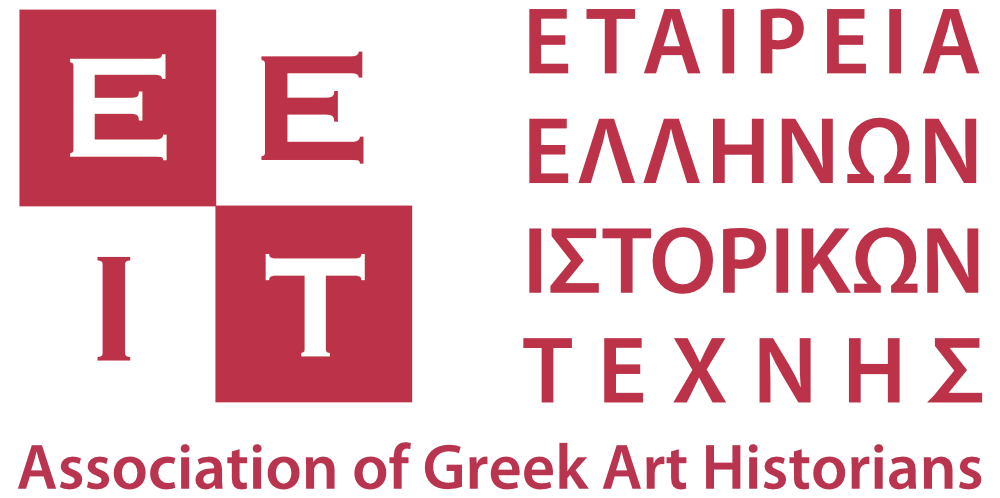The research project Fast Forward: Women in Photography aims to explore the work and histories of women photographers, promote opportunities and question ideas dominating the field of photography by initiating thoughtful, new debates. Initiated in 2014 with a panel discussion at Tate Modern, the project has become significant within the world of photography for examining the work of women photographers and for questioning the way that the established canons have been formed.
Following the initial success of the first three conferences at Tate Modern in 2015 and 2019 and at the National Gallery of Arts in Lithuania in 2017, Fast Forward continues to develop various public, educational and research programmes and conferences. The fourth conference will be held in partnership with Tbilisi Photography & Multimedia Museum in 2023.
The theme for the fifth conference, to be held in Thessaloniki, Greece, will focus on the hidden (hi)stories of women’s photographies seeking to reflect on current debates on gender justice.
Writing about the recognition of ‘women’ as a political subject and questioning who has the power to define what ‘women’ means, Silvia Federici urged: “We must identify the world of antagonistic politics and power relations by which our bodies are constituted and rethink the struggles that have taken place in opposition to the ‘norm’ if we are to devise strategies for change” (2020: 10). And indeed, as Françoise Vergès argued, if we are to “re-humanise the world” and fight against the ways “femonationalism” and “femoimperialism” service neoliberalism (2021:17), we need to move beyond mainstream narratives and normative histories, beyond relational notions of centres and peripheries and bring to the fore the hidden stories of anonymous women, those identifying as women and non-binary people told by and through photography.
The conference is calling for papers which explore, but which are not limited to, the following questions:
>> How can photography demystify the socio-culturally constructed notion of ‘women’ and advocate its expansion to include transgender, gender-fluid and non-binary/non-conforming identities?
>> How can we understand women’s photographies considering the often oppositional diversities of prescriptive identities, socially constructed performances of gender and reproductive labour, racialisation, enslavement, and colonisation in different social contexts and historical periods?
>> In what ways may photography become a weapon for equality, reproductive justice, deracialisation, and freedom for women, those identifying as women and non-binary people against the oppressive power of heteronormative patriarchy, the state, and capitalism?
>> What are the (hi)stories of women in front and behind the camera that are silenced or disregarded from normative art histories and institutions? What are the fundamental barriers in such systems and how may women’s practices be included in multiple narratives rather than being confined to gendered interpretations?
>> How has the “performative turn” affected the curatorial practices of exhibiting women’s photographies and how have their unknown (hi)stories been represented in museums?
>> What would just and inclusive histories of women’s photography look like from a transnational, decolonial perspective?
We welcome abstracts from a range of scholars, researchers, curators, archivists, and cultural producers working in and around the above mentioned areas, in different continents and at different stages of their career. There will be no conference fee. For speakers not affiliated with an institution, efforts may be made to provide subsidies towards reasonable travel expenses. Papers will be considered for publication in an established academic journal.
Submission regulations
The abstract and CV submitted must be in English only. However, as the working languages of the conference are Greek and English, the presentation during the conference can be done in one of these two languages.
Please, submit the following documents:
1. 300-word abstract in a PDF format, no images, one page.
Please make sure your full name and the title of the paper are at the top of the abstract.
Please name the file as follows: ‘Your surname_Initial of you first name_abstract’ (ex: ‘Smith_J_abstract’)
2. A brief CV (maximum two A4 pages) in a PDF format, no images.
Please name the file as follows: ‘Your surname_Initial of the first name_CV’ (ex: ‘Smith_J_CV’)
Both files must be submitted to email with the subject line “Greek Edition – submission”
Organising Committee / Convenors:
Professor Anna Fox (Fast Forward, University for the Creative Arts)
Maria Kapajeva (Fast Forward, University for the Creative Arts & Estonian Academy of Arts)
Dr Iro Katsaridou (MOMus – Thessaloniki Museum of Photography & Hellenic Open University)
Dr Areti Leopoulou (MOMus – Thessaloniki Museum of Photography)
Professor Alexandra Moschovi (University of Sunderland)
Dr Penelope Petsini (University of West Attica & Panteion University)
Professor Val Williams (London College of Communication, University of the Arts London)
The conference is to be framed by an exhibition exploring the complex articulations of women’s photographies in Greece, which is to be presented at MOMus-Thessaloniki Museum of Photography in May 2024.

